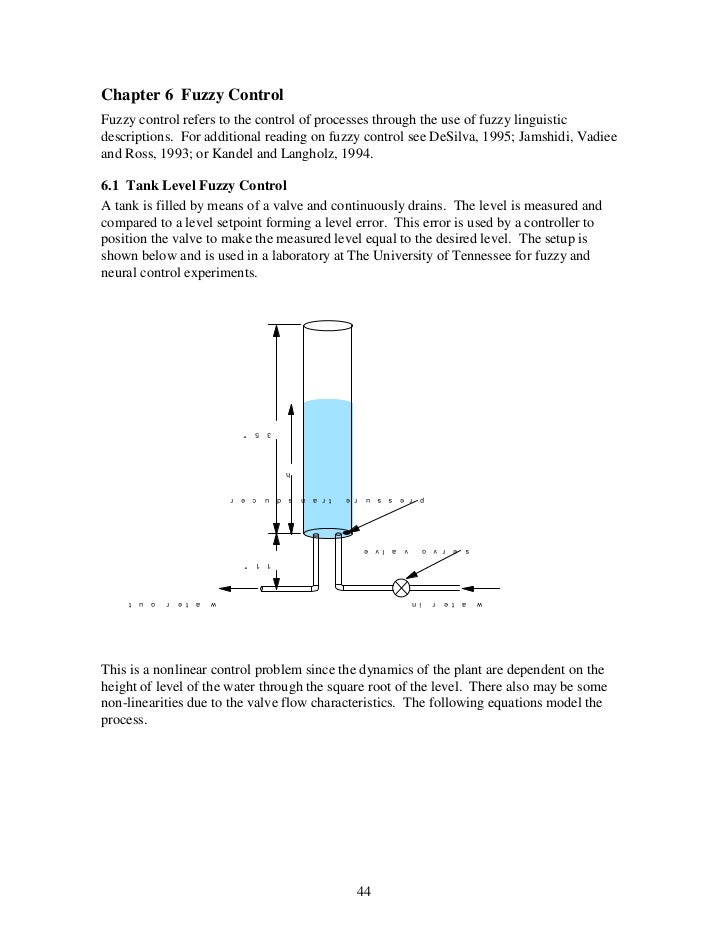Principles Of Soft Computing Sivanandam Deepa Ebook3000
PRINCIPLES OF SOFT COMPUTING, 2ND ED (With CD ) - S. Sivanandam, S.N. Deepa - Google Books. It's a good book. Read more Read less. In this book the basic concepts of soft computing are dealt in detail with the relevant information and knowledge available for understanding the computing process. It was wrapped up good. S.N.Sivanandam, S.N.Deepa 'Principles of Soft Computing' Second.Firearms and HuntingWhere can I download the Principles of Soft Computing PDF by Sivanandam. Principles of soft computing by Sivanandam.

S.N.Sivanandam and S.N.Deepa, “Principles of Soft Computing”, Wiley India (P) Ltd, Second Edition, 2011. Amit Konar, “Computational Intelligence-Principles, Techniques and Applications”, Springer International Edition, 2005. Timothy J.Ross, “Fuzzy Logic with Engineering Application”, Wiley India (P) Ltd, 2010.
In this book the basic concepts of soft computing are dealt in detail with the relevant information and knowledge available for understanding the computing process. The various neural network concepts are explained with examples, highlighting the difference between various architectures.
Fuzzy logic techniques have been clearly dealt with suitable examples. Genetic algorithm operators and the various classifications have been discussed in lucid manner, so that a beginner can understand the concepts with minimal effort. The book can be used as a handbook as well as a guide for students of all engineering disciplines, soft computing research scholars, management sector, operational research area, computer applications and for various professionals who work in this area. Introduction Chapter 2. Artificial Neural Network: An Introduction Chapter 3. Supervised Learning Network Chapter 4. Associative Memory Networks Chapter 5.
Unsupervised Learning Networks Chapter 6. Special Networks Chapter 7. Introduction to Fuzzy Logic, Classical Sets and Fuzzy Sets Chapter 8. Classical Relations and Fuzzy Relations Chapter 9. Membership Functions Chapter 10. Defuzzification Chapter 11.
Fuzzy Arithmetic and Fuzzy Measures Chapter 12. Fuzzy Rule Base and Approximate Reasoning Chapter 13. Fuzzy Decision Making Chapter 14. Fuzzy Logic Control Systems Chapter 15. Genetic Algorithm Chapter 16. Hybrid Soft Computing Techniques Chapter 17.
Applications of Soft Computing Chapter 18. Soft Computing Techniques Using C and C Chapter 19. MATLAB Environment for Soft Computing Techniques Bibliography Sample Question Paper 1 Sample Question Paper 2 Sample Question Paper 3 Sample Question Paper 4 Sample Question Paper 5 Index. Sivanandam completed his BE (Electrical and Electronics Engineering) in 1964 from Government College of Technology, Coimbatore, and MSc (Engineering) in Power System in 1966 from PSG College of Technology, Coimbatore. He acquired PhD in Control Systems in 1982 from Madras University.
He received Best Teacher Award in the year 2001 and Dhakshina Murthy Award for Teaching Excellence from PSG College of Technology. He received The CITATION for best teaching and technical contribution in the Year 2002, Government College of Technology, Coimbatore. He has a total teaching experience (UG and PG) of 41 years. The total number of undergraduate and postgraduate projects guided by him for both Computer Science and Engineering and Electrical and Electronics Engineering is around 600. He is currently working as a Professor and Head Computer Science and Engineering Department, PSG College of Technology, Coimbatore (from June 2000-till date).
Great Principles Of Computing
He has been identified as an outstanding person in the field of Computer Science and Engineering in MARQUIS ‘Who’s Who’, October 2003 issue, New providence, New Jersey, USA. He has also been identified as an outstanding person in the field of Computational Science and Engineering in ‘Who’s Who’, December 2005 issue, Saxe-Coburg Publications, United Kingdom. He has been placed as a VIP member in the continental WHO’s WHO Registry of national Business Leaders, Inc., 33 West Hawthorne Avenue Valley Stream, NY 11580, August 24, 2006. Deepa has completed her BE Degree from Government College of Technology, Coimbatore, 1999, ME Degree from PSG College of Technology, Coimbatore, 2004, and PhD Degree in Electrical Engineering from Anna University, Chennai, 2008.
Computing At Carnegie Mellon
She is currently Assistant Professor, Department of Electrical and Electronics Engineering, Anna University of Technology, Coimbatore. She was a gold medalist in her BE Degree Program. She has received G.D. Memorial Award in the year 1997 and Best Outgoing Student Award from PSG College of Technology, 2004. Her ME Thesis won National Award from the Indian Society of Technical Education and L&T, 2004.
She has published 4 books and papers in International and National Journals. Her research areas include Neural Network, Fuzzy Logic, Genetic Algorithm, Linear and Nonlinear Control Systems, Digital Control, Adaptive and Optimal Control.